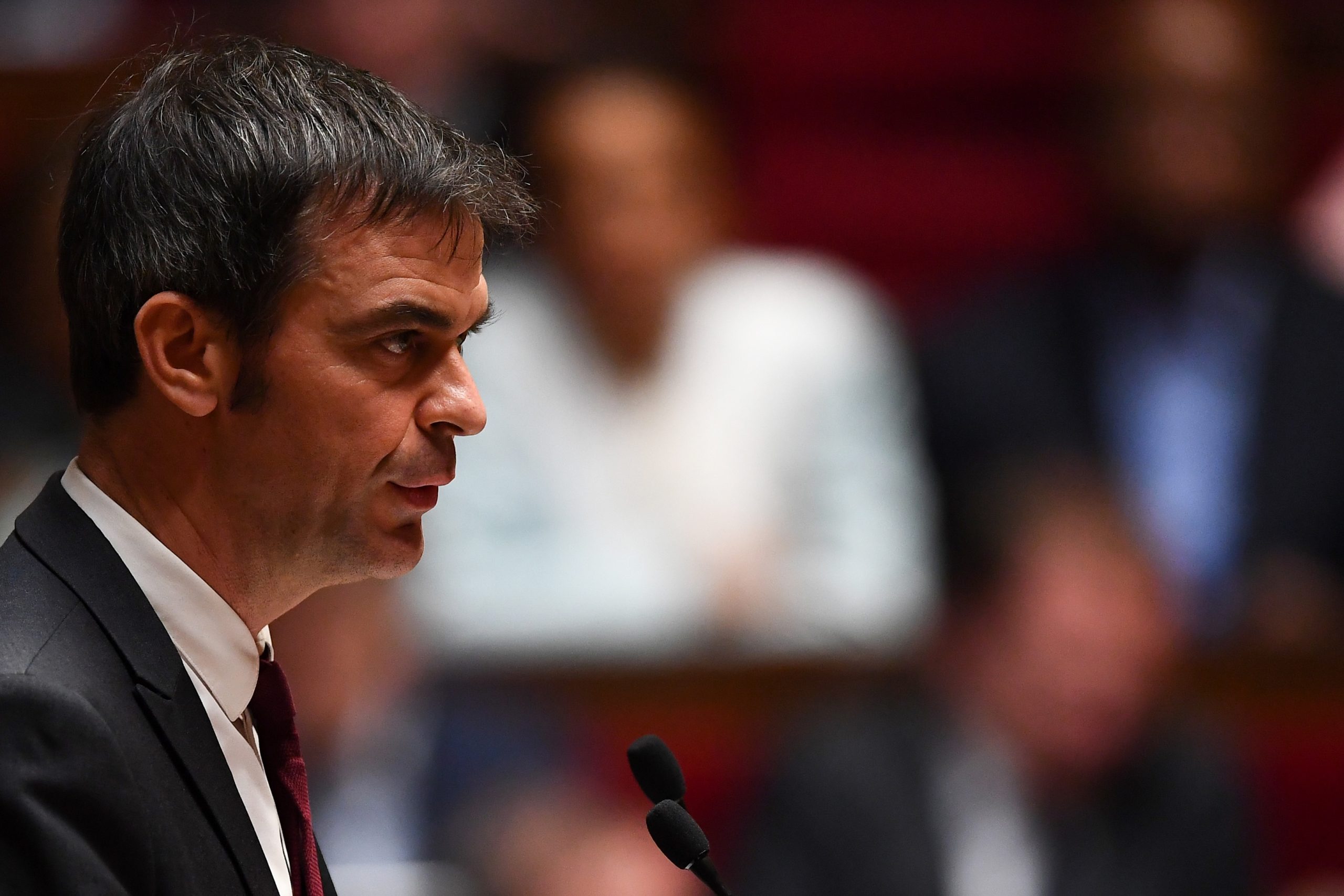Former FBI Director James Comey is asking a federal judge to block a subpoena for his closed-door testimony before the House Judiciary Committee.
The committee subpoenaed Comey on Nov. 21 to appear for a deposition Dec. 3 regarding his handling of the FBI investigations into Hillary Clintons use of a private email server and possible collusion between the Trump campaign and Russian government.
Comey responded to the subpoena on Twitter, calling for a public hearing instead of a private interview.
His attorneys argue the subpoena request violates House rules, which they assert operate under the presumption that hearings be open to the public.
Comeys legal team also argues that the House committees have selectively leaked details of closed-door testimony from other current and former FBI officials.
“Mr. Comey asks this Courts intervention not to avoid giving testimony but to prevent the Joint Committee from using the pretext of a closed interview to peddle a distorted, partisan political narrative about the Clinton and Russia investigations through selective leaks,” reads a court filing submitted in federal court in Washington, D.C.
President Donald Trump shakes hands with James Comey, then the director of the FBI, in the Blue Room of the White House in January 2017. Andrew Harrer/Bloomberg via Getty Images
The lawyers claimed House Republicans have leaked portions of testimony from former Deputy FBI Director Andrew McCabe, former FBI counterintelligence official Peter Strzok, former FBI general counsel James Baker, former FBI lawyer Lisa Page and Justice Department official Bruce Ohr.
Comeys concerns about leaks are likely to receive little sympathy considering his own role in leaking memos from his FBI days to a personal friend, Daniel Richman. (RELATED: Comey Admits He Orchestrated Leaks To New York Times)
After he was fired by President Donald Trump on May 9, 2017, Comey gave Richman memos he wrote following conversations he had with Trump. Comey testified on June 8, 2017, that he instructed Richman to dictate summaries of the memos to The New York Times. Comey said his goal was to trigger the appointment of a special prosecutor to take over the FBIs collusion investigation.
Content created by The Daily Caller News Foundation is available without charge to any eligible news publisher that can provide a large audience. For licensing opportunities of our original content, please contact [email protected].
Former FBI Director James Comey is asking a federal judge to block a subpoena for his closed-door testimony before the House Judiciary Committee.
The committee subpoenaed Comey on Nov. 21 to appear for a deposition Dec. 3 regarding his handling of the FBI investigations into Hillary Clintons use of a private email server and possible collusion between the Trump campaign and Russian government.
Comey responded to the subpoena on Twitter, calling for a public hearing instead of a private interview.
His attorneys argue the subpoena request violates House rules, which they assert operate under the presumption that hearings be open to the public.
Comeys legal team also argues that the House committees have selectively leaked details of closed-door testimony from other current and former FBI officials.
“Mr. Comey asks this Courts intervention not to avoid giving testimony but to prevent the Joint Committee from using the pretext of a closed interview to peddle a distorted, partisan political narrative about the Clinton and Russia investigations through selective leaks,” reads a court filing submitted in federal court in Washington, D.C.
President Donald Trump shakes hands with James Comey, then the director of the FBI, in the Blue Room of the White House in January 2017. Andrew Harrer/Bloomberg via Getty Images
The lawyers claimed House Republicans have leaked portions of testimony from former Deputy FBI Director Andrew McCabe, former FBI counterintelligence official Peter Strzok, former FBI general counsel James Baker, former FBI lawyer Lisa Page and Justice Department official Bruce Ohr.
Comeys concerns about leaks are likely to receive little sympathy considering his own role in leaking memos from his FBI days to a personal friend, Daniel Richman. (RELATED: Comey Admits He Orchestrated Leaks To New York Times)
After he was fired by President Donald Trump on May 9, 2017, Comey gave Richman memos he wrote following conversations he had with Trump. Comey testified on June 8, 2017, that he instructed Richman to dictate summaries of the memos to The New York Times. Comey said his goal was to trigger the appointment of a special prosecutor to take over the FBIs collusion investigation.
Content created by The Daily Caller News Foundation is available without charge to any eligible news publisher that can provide a large audience. For licensing opportunities of our original content, please contact [email protected].











